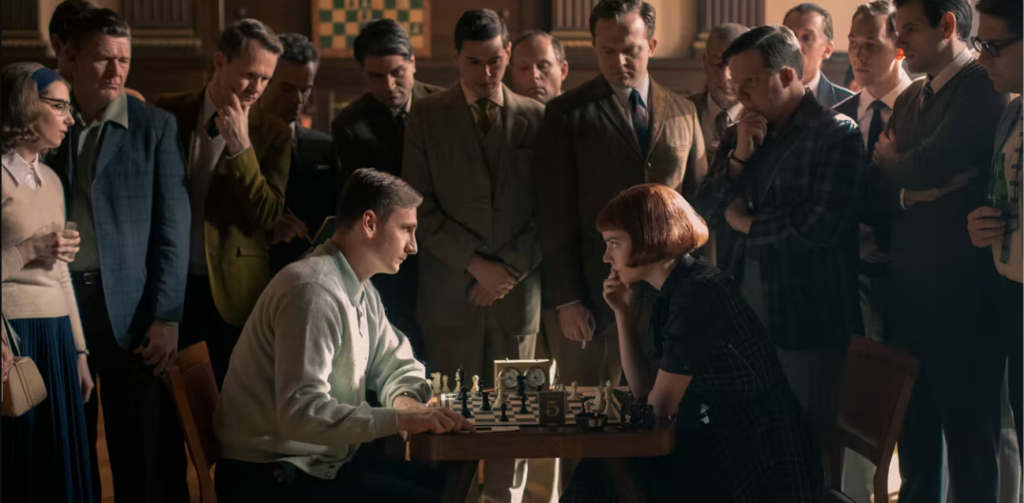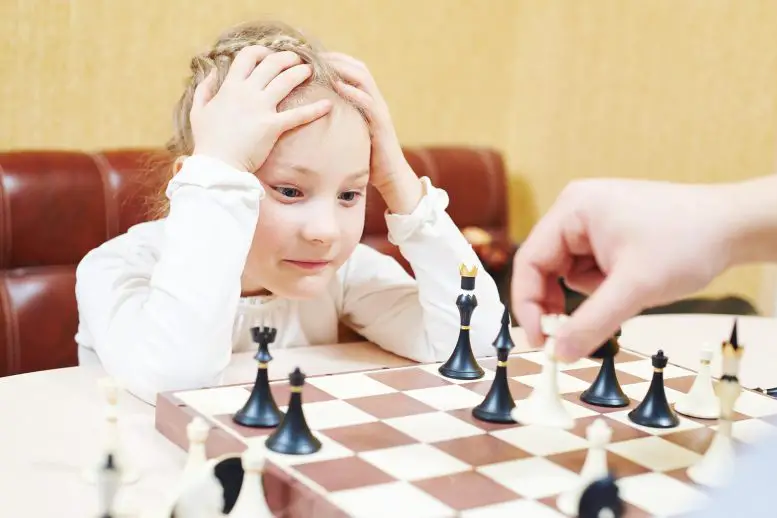According to a study, girls are thought to have lower potential for chess success than boys.
According to study by the American Psychological Association, young female players frequently experience gender prejudice from the male-dominated chess community as well as from mentors and parents who think girls have less ability to achieve than boys in the game.
Lead researcher Sophie Arnold, a doctorate student at New York University, stated, “It’s disheartening to see young female players’ potential diminished, even by the people who are closest to them, like their parents and coaches.”
The Study’s Findings

The study offers what the researchers claim is the first comprehensive proof of gender bias against young female players, and it was published online in the Journal of Experimental Psychology: General. 286 parents and mentors of 654 kids who were on the U.S. Chess Federation mailing list participated in the study. In line with the gender divide in the chess world, 90% of the adults were males and 81% of the kids were boys.
ALSO READ: Memory Block: How Saturated Fats May Hinder Memory Formation in the Aging Brain
Parents and mentors responded to an online poll by saying that they believed females’ highest potential chess ratings were lower than boys’ ratings, especially if they believed brilliance was necessary to win in game. Mentors who shared this genius belief—but not parents—were also more likely to claim that female mentees were more likely to quit playing this game due to inferior talent.
Gender Dynamics in Chess

Men have controlled the this game for a very long time. Only 14% of players in the U.S. Chess Federation were women or girls in 2020. The “sexist and sexual violence” committed in this game community, according to an open letter signed by more than 100 elite female players and coaches, is “one of the main reasons why women and young girls, especially in their teens, stop playing this game”
“Gender bias also may prevent girls from even starting to play chess competitively if their own parents and mentors aren’t convinced that they will succeed,” Arnold added.
Parents, but not mentors, judged that girls’ chess environments were less encouraging than those of boys in the study. However, neither parents nor mentors thought that a hostile environment made girls more inclined to give up playing this game.
Mothers and female mentors were underrepresented in the survey, making it impossible to tell whether their opinions varied from those of dads and male mentors. Because the participants were already engaged in competitive chess and had several interactions with the players they were rating, which often decreases prejudice, the results might not accurately reflect the views of the broader public.
The Road Ahead

this game has had a major recovery in popularity among boys and girls around the country. Arnold added that although considerable progress has been achieved in addressing gender bias in the chess community, more has to be done.
Arnold stated that in order to improve girls’ and women’s chess experiences, “ongoing structural support for all female players is needed.” Additionally, according to our findings, bias might arise from people who know girls well.
Biblography : “Checking Gender Bias: Parents and Mentors Perceive Less Chess Potential in Girls” by Sophie Arnold, BA, Wei Ji Ma, PhD, and Andrei Cimpian, PhD, New York University, April H. Bailey, PhD, University of New Hampshire, and Jennifer Shahade, Woman Grandmaster, International Chess Federation, 5 October 2023, Journal of Experimental Psychology: General.
DOI: 10.1037/xge0001466
ALSO READ: Shouting At Children Can Have Lifelong Effects, Equal To Physical Or Sexual Abuse, Say Researchers




































